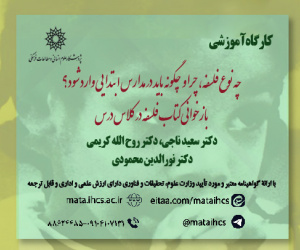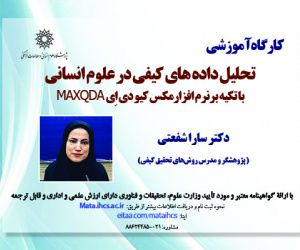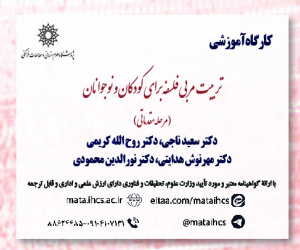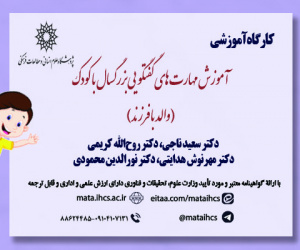تحلیل فقهی چالش های نظام حقوق بین الملل در حل و فصل مخاصمات مسلحانه با تأکید بر ابعاد حقوق بشری
آرشیو
چکیده
زمینه و هدف: حقوق بین الملل برای برخورد با بحران های بین المللی، راه حل هایی را پیش بینی کرده است تا اختلافات میان دولت ها به طور دوستانه و مسالمت آمیز حل وفصل شود. به رغم تأثیرگذار بودن حقوق بین الملل در مدیریت اختلافات و رفع مخاصمات، در برخی موارد همچون نزاع روسیه و اوکراین به نظر می رسد راهکارهای ارائه شده، از کارایی و اثرگذاری لازم برخوردار نیست و با چالش های جدی روبه رو است. مواد و روش ها: این مقاله به روش توصیفی-تحلیلی و جمع آوری داده ها از طریق فیش برداری و تحلیل کیفی تدوین شده است. ملاحظات اخلاقی: این نوشتار متعهد به حفظ اصالت متون، رعایت امانت داری و پایبندی به صداقت علمی است. یافته ها: ناکارآمدی نظام حقوق بین الملل در مخاصمات مسلحانه به نقض گسترده حقوق بشر منجر شده و نیازمند اصلاحات ساختاری در زمینه اجرای قوانین، تقویت نهادهای نظارتی و کاهش تأثیر منافع سیاسی است. بدون این اصلاحات، حمایت از حقوق بشر در جنگ ها همچنان با چالش های جدی مواجه خواهد بود. نتیجه: مطالعه تطبیقی فقه اسلامی و نظام حقوق بین الملل در حوزه صیانت از حقوق بشر در مخاصمات مسلحانه بین المللی نشان می دهد که این دو نظام در بسیاری از اصول اساسی همچون حمایت از غیرنظامیان، رفتار انسانی با اسیران و منع استفاده از سلاح های کشتار جمعی و لزوم رعایت عدالت و تناسب در جنگ، هم سو هستند. با این حال اختلافاتی به دلیل تفاوت در مبانی و فلسفه این نظام ها مشاهده می شود اما به نظر می رسد ظرفیت های غنی فقه اسلامی می تواند مکمل حقوق بین الملل در مواجهه با خلأهای موجود باشد.A Jurisprudential Analysis of the Challenges in the International Legal System for Resolving Armed Conflicts with an Emphasis on Human Rights Dimensions
Background and Aim: International law has established mechanisms for addressing global crises, aiming to resolve disputes between states amicably and peacefully. Despite its significant role in conflict management and dispute resolution, international law appears to lack effectiveness in certain cases, such as the Russia-Ukraine conflict. The solutions provided by the international legal system seem to face serious challenges and fail to demonstrate the necessary efficiency and impact.
Materials and Methods: This study employs a descriptive-analytical approach, relying on data collection through note-taking and qualitative analysis.
Ethical Considerations: The researcher is committed to maintaining the originality of texts, ensuring academic integrity, and adhering to scientific honesty throughout this study.
Findings: The inefficacy of the international legal system in armed conflicts has led to widespread violations of human rights, necessitating structural reforms in the enforcement of laws, strengthening of oversight institutions, and minimizing the influence of political interests. Without these reforms, the protection of human rights in warfare will continue to face serious challenges.
Conclusion: A comparative analysis of Islamic jurisprudence and international legal frameworks in the context of protecting human rights during armed conflicts reveals significant alignment in fundamental principles such as the protection of civilians, humane treatment of prisoners, prohibition of weapons of mass destruction, and the necessity of justice and proportionality in warfare. However, discrepancies arise due to differences in foundational concepts and underlying philosophies.






